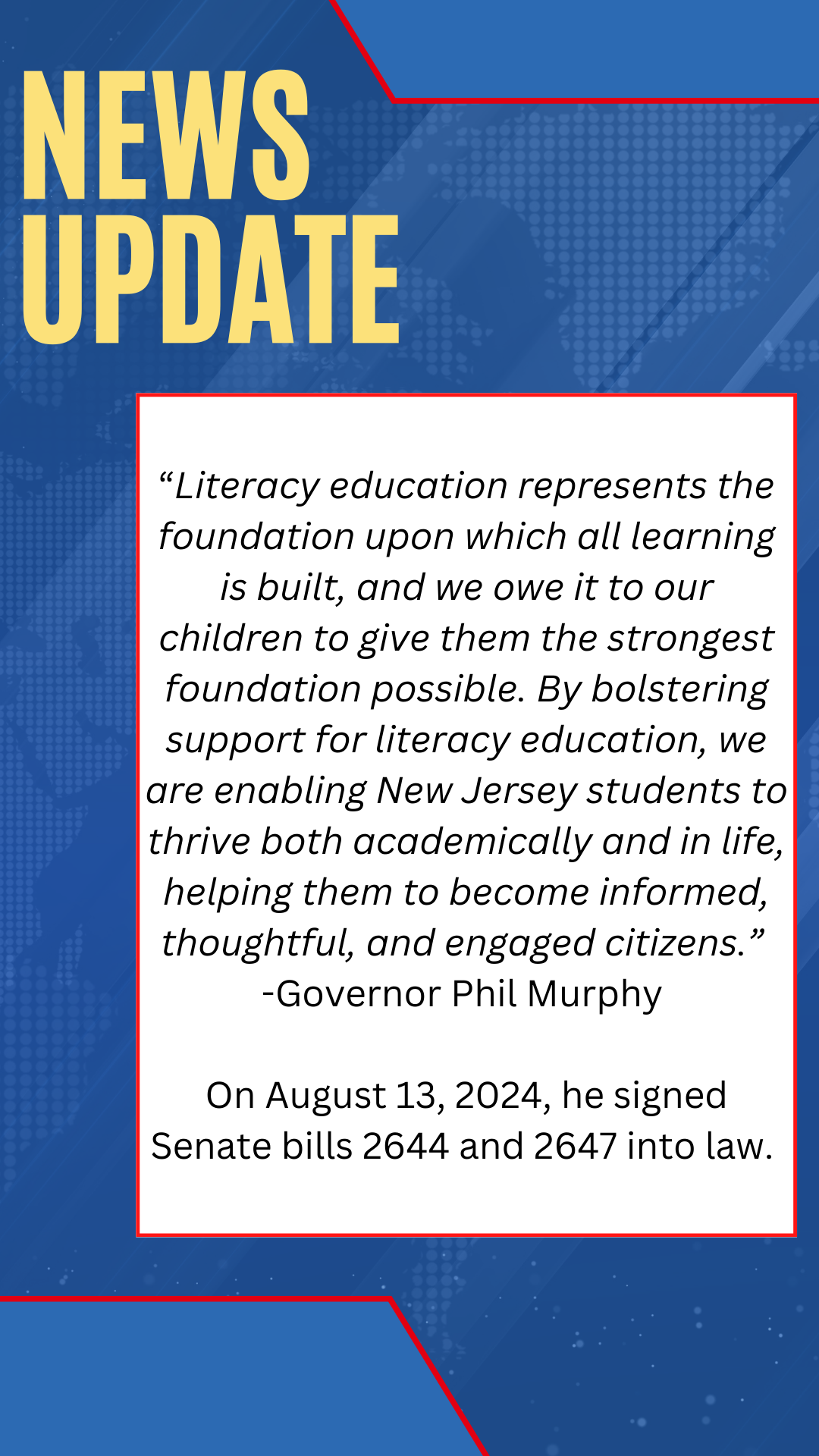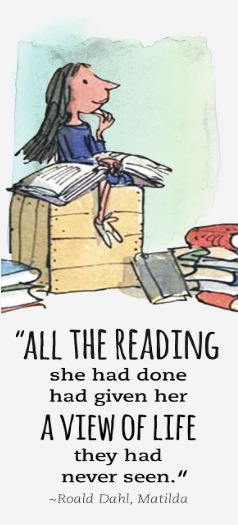Posted on July 26, 2024

By Alena Siddiqui
Data Analyst
For more information on this topic or kids count data, contact Alena at asiddiqui@acnj.org

Third grade is the time when students shift from “learning to read” to “reading to learn.” It is desired that students should read proficiently by the end of third grade because in fourth grade, they will be exposed to a broader range of texts. This switch is also because while in a child’s early years they are just starting out as new readers, it is intended that as they grow older they will become more independent and critical readers, which will help them in their future studies. Unfortunately, this will be difficult for many New Jersey students to achieve when more than half of third graders in the state are not at or above proficiency in reading. There are several consequences to children not being able to read by fourth grade, some of which include less likelihood for the students to complete high school or enroll in college, and an increased struggle to keep up with their peers.
What does the data show?
After the Covid-19 pandemic, in-person instruction resumed in schools again, as did the New Jersey Student Learning Assessments. The state-mandated standardized testing took place in the Spring of the 2021-22 school year. Students were tested in English Language Arts and Math, while grades five, eight, and 11 were tested on Science as well. The tests aim to evaluate student performance on concepts and skills related to their grade level. In 2021-22, only 42% of third graders were meeting or exceeding expectations statewide on the English Language Arts portion of the NJSLA, while 45% met or exceeded expectations in Math. After the scores were released, many attributed the results to learning loss due to the pandemic since in 2018-19, 50% of third graders met or exceeded expectations for English Language Arts and 55% for Math. Many were rightfully concerned with these results and made calls to action to improve literacy in New Jersey. Despite this, during the following year, the English Language Arts results remained unchanged while Math had a small increase of 1%.
Data featured in the 2024 Kids Count Data Book from Annie E. Casey Foundation (AECF) shows the same trend for fourth graders as well. In 2022, 38% of fourth graders in New Jersey were proficient in reading according to the National Assessment of Educational Progress, a decrease from the 42% in 2019. If unfamiliar with the National Assessment of Educational Progress (NAEP), it is “known as the nation’s report card [and] has measured student achievement since 1969 in every state in reading, mathematics, science, the arts, history, and other subjects” as described in the AECF 2024 Kids Count Data Book. It is important to note that children are not defined by their test scores but these assessments give insight into how they are struggling and should serve as a wake up call to dig into how to resolve this issue.
What can be done?
There has been much discussion on the topic of the high percentage of children not meeting or exceeding expectations on the NJSLA and some strides are being made. In the summer of 2023, Newark’s Mayor Baraka announced a 10-point youth literacy action plan that aimed to involve schools, parents and community partners/nonprofits to support child literacy. This plan truly takes the idea of “it takes a village” to heart. Earlier in 2024, Governor Murphy addressed the need to improve literacy rates by creating new initiatives focused on the fundamentals of reading and phonics. New Jersey has over 680 school districts and no law or statutory provision on best practices for student literacy.
However, that may be changing soon due to the introduction and recent progress of legislation, sponsored by Senate Majority Leader Teresa Ruiz, which seeks to tackle this issue. Senate bill 2647 seeks to establish the Office of Learning Equity and Academic Recovery in the DOE while Senate bill 2644, which focuses on literacy, would do the following:
- Require the DOE to establish a working group on student literacy to provide recommendations to the department.
- Require school districts to, at least twice annually, conduct a literacy screening of each student enrolled in kindergarten to 3rd grade to determine reading proficiency using an acceptable and reliable tool for universal literacy screening that complies with the guidance issued by the DOE.
- Require DOE to establish a professional development program regarding evidence-based foundational literacy instruction, to be made available to all school districts at no cost.

Click here to read the full press release.

While in the midst of summer, it is important to remember that learning does not only happen in schools. In fact, remember to have children take time to read between the play dates and trips to the beach during the summer. Reading is not just identifying words on paper; by fostering a love of reading in children, not only will it help them succeed in school, but also allow them to build empathy, grow their creativity, and boost their language skills. In order to get children to enjoy reading, it is important to have children choose books that engage them, and by visiting the library, children can check out a diverse selection of books to explore their interests. Many libraries offer summer reading programs to encourage children to read and give out prizes.
To learn more, visit the following sources:

